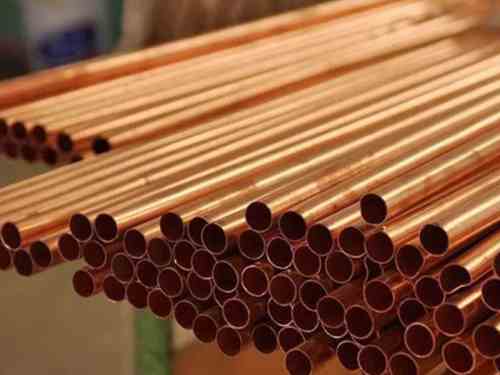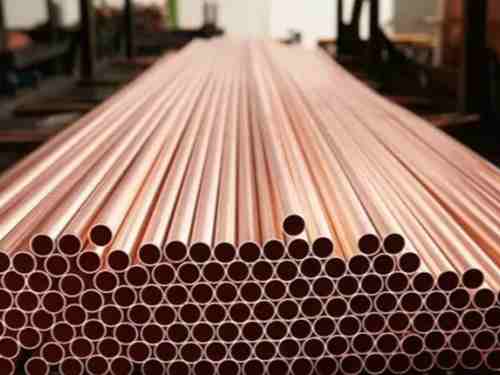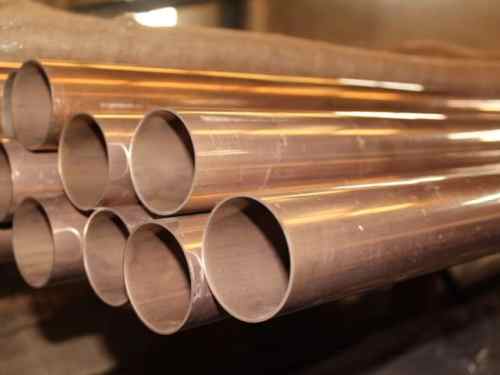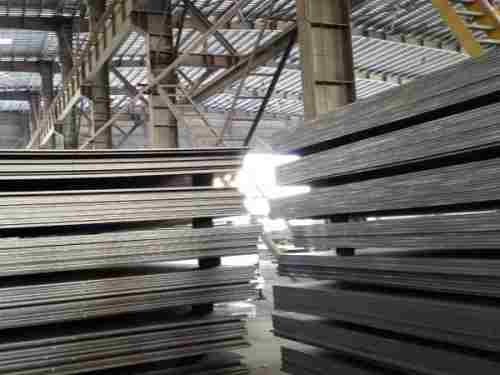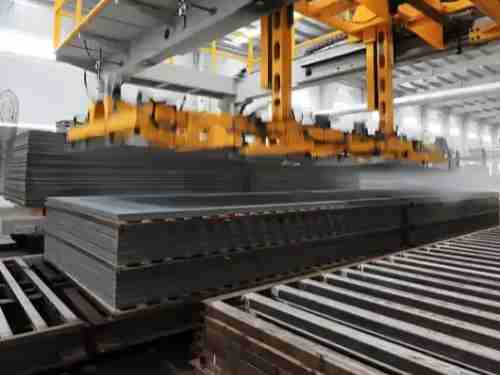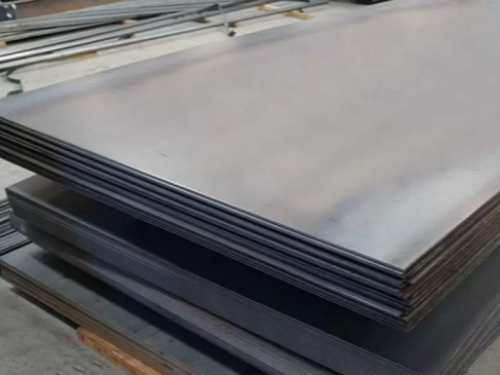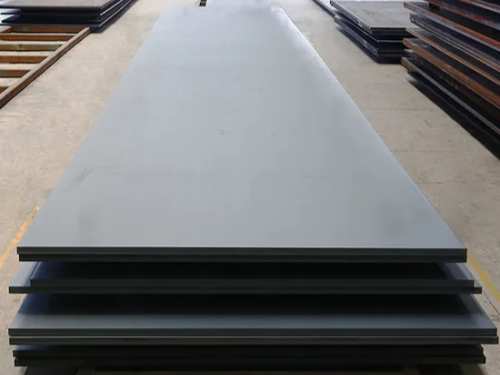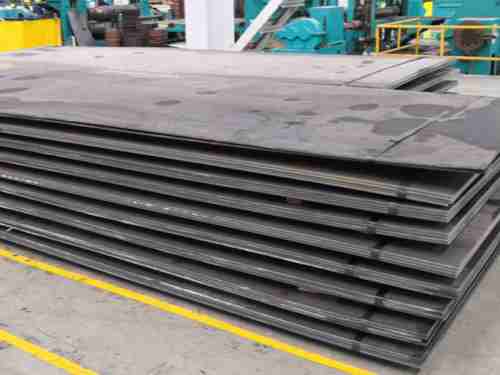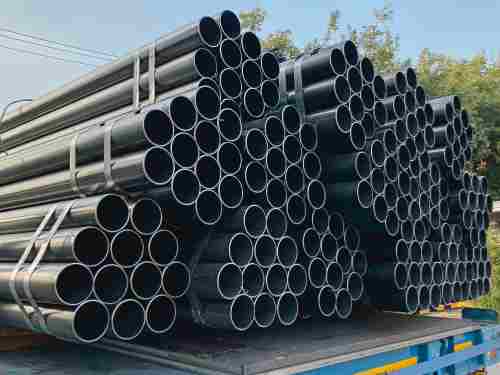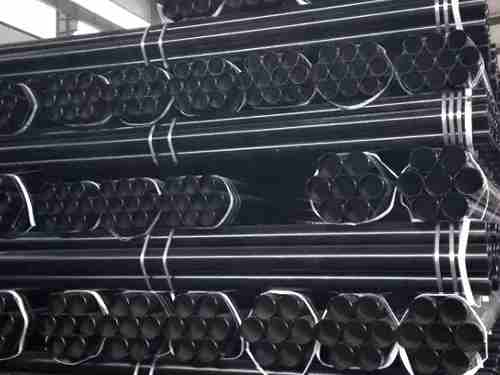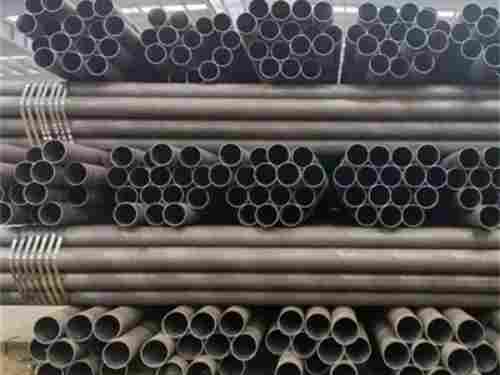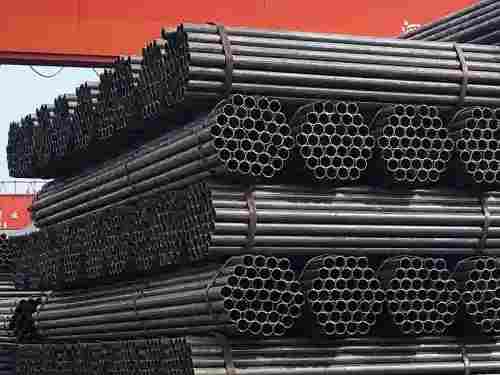A guide to copper-nickel alloy pipe: definition, applications, advantages and disadvantages
Copper-nickel alloy pipe is a corrosion-resistant metal pipe widely used in marine, offshore, power generation, desalination, and industrial heat transfer systems. Manufactured primarily from copper and nickel, these pipes are designed to operate reliably in aggressive environments such as seawater, brine, and high-humidity conditions. This article provides a structured overview of copper-nickel alloy pipes, covering their definition, typical grades, manufacturing processes, key advantages, and potential limitations in engineering applications.
Jan 20, 2026
read more

 English
English Español
Español
